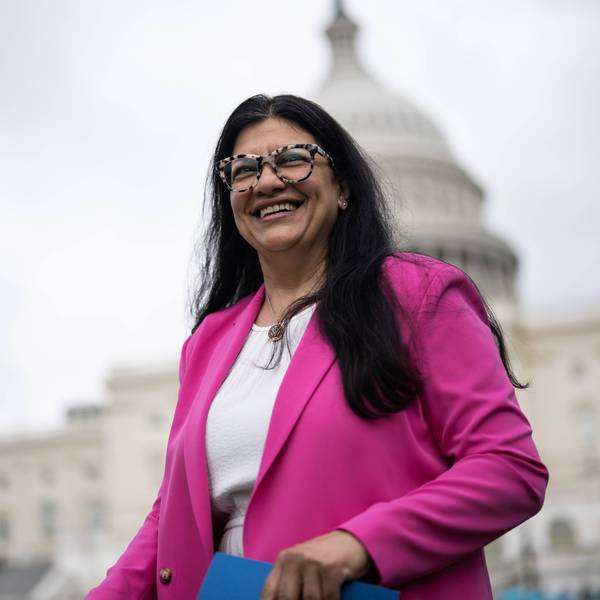This is the 50th anniversary of our Congress Project that profiled in detail members of Congress. No citizen group has ever done this before or since.
Our 1972 Congress Project provides a context for measuring the decline of Congress, both in its near abandonment of its constitutional powers vis-a-vis the executive branch and its collective subservience to the many forces of corporatism over the people's necessities.
Congress was relatively productive in the early 1970s but could have done much more to address people's needs. While enacting groundbreaking legislation on consumer, environmental, and worker safety protections, Congress dragged its feet on full Medicare for All; strengthening the antiquated federal criminal laws; labor law reform to facilitate union organizing; housing and mass transit programs; and, of course, its oversight and constitutional duties regarding the Vietnam War quagmire.
Bills languished that sought to establish a strong federal regulatory presence for pensions, drinking water safety, and safer food products, from farms to families.
Strong amendments to the 1966 Freedom of Information law, pioneered by California Democratic Rep. John Moss, were blocked by both federal bureaucrats and corporate lobbyists.
With expectations for that Congress rising, commensurate with its constitutional authority and its visibility to the populace, our Congress Project embarked on an unprecedented profiling of every member running for re-election in November 1972--the year of the Nixon-McGovern presidential contest. It was a massive undertaking. We strove to produce magazine-size political biographies of each senator and representative. Teams of undergraduate, graduate and law school summer interns were supervised by full-time stalwarts to assure that each intern produced several high-quality profiles.
Other teams also worked long hours to produce books on key congressional committees such as Judiciary, Commerce and Rules. These efforts required digging, interviewing, and working with about 1,000 volunteers in all 50 states.
Personal interviews were conducted with the lawmakers, whether they liked it or not. Such was the presence of the "Nader Raiders" in those days when the mainstream media covered far more progressive civic initiatives than is the case today.
Preparing the profiles of 30 or more pages was a Herculean task, given the tight deadlines. An intern even traveled with me to Copenhagen, Denmark, where I attended an event, so I could review dozens of draft profiles on the plane so he could immediately fly back to Washington with the edits.
The leadership in the House and Senate reserved large rooms so that final drafts of the profiles could be reviewed for factual accuracy by the legislators themselves. On the appointed days, the lawmakers came to these rooms one by one and read every page. Whether they wanted to or not, they deemed it the better part of political prudence to accept our entreaties for maximum accuracy.
Imagine anything remotely like this response and humble spectacle occurring today. On publication day in the fall of 1972, we held news conferences in Washington and throughout the country with piles of printed profiles for reporters. We also prepared what turned out to be the best-selling book ever on Congress, titled Who Runs Congress? Requests for copies of the profiles poured into our office from citizens keen to learn more about their congressional representatives.
There never was another Congress Project of this magnitude by anyone. Passing years witnessed an increase in official source coverage of Congress, including C-SPAN, and a stiffening resolve by some members of Congress not again to be, in their inflated words, "humiliated," "ordered around" or "subjected to biased reporting" in such a very personal, specific manner.
The solons of Congress just didn't want the people back home to know much beyond what members of Congress said in their choreographed newsletters, radio and TV reports and occasional town meetings. Members of Congress didn't like their unedited voting records reported in detail. They intuitively knew that "information is the currency of democracy," and most of them, with few exceptions, wanted to determine what currency was released and printed.
Fast forward to today. The failings of Congress are historic in scope and regularity, given its constitutionally specified authorities, such as the power to declare war and dutiful executive branch oversight. Congress no longer works a five-day week--it's in on Tuesday, out on Thursday afternoon or evening, not counting ample recesses. Members of Congress spend enormous time raising campaign money, even though they exclusively can change how elections are funded nationwide.
Congress must come closer to and be more of the people's common good. Communicating with Capitol Hill is far more difficult in this Internet Age. Serious citizens who try all forms of communication often only have the option to leave desperate brief messages for an increasingly unresponsive voicemail Congress.
Two simple bills, if enacted, would go a long way toward making members of Congress identify with their sovereign voters, to be more part of "we the people" instead of "we the Congress."
Bill No. 1: Congress members will have no employment benefits that are not accorded to all American workers, including pensions, health insurance and deductible expenses. As for wage ratios, members will be paid no more than ten times the federal minimum wage.
Bill No. 2: Anytime the U.S. is engaged in armed warfare, declared or undeclared by Congress, all age-qualified able-bodied children and grandchildren of senators and representatives shall be immediately conscripted into the armed forces for military or civilian rendition of services.
Sharing in the benefits and burdens of the people would nourish the desire by members of Congress to become part of the solutions.
Who will introduce these bills and start this vibrant public conversation?




